Festivals in the Basque Country
Les fetes, las fiestas or jaiak: a summer visit to the Basque Country would not be complete without hitting a local festival. Every Basque village has its traditional annual summer festival and the list is endless, since there are so many towns, and bigger cities have several festivals. In fact, even neighborhoods in bigger cities have festivals! So as you make your traveling plans, consider which nearby festivals you might attend.
Most of the Basque Country festivals are scheduled around the feast day of the patron saint of each town, according to the Roman Catholic calendar. For example, big festival days are St. John (June 24), Santiago Apostol (St. James) on July 25, San Inazio (July 31) and the Feast of the Assumption on August 15.
The summer festivals in the Basque Country feature traditional music, typical local food, folk dancing performances, live bands, public dances, Basque sporting events, fireworks and a myriad of other traditions, depending on the town. The Fetes de Bayonne is among the largest festivals in France, while the San Fermin festival in Pamplona is known worldwide, showing that the Basques know how to throw a party!
Here are just a few of the best known, listed in chronological order. The festivals are usually held on the same day or weekend every year. Feel free to add your favorite fiesta in the comments below.
READ MORE EUSKAL KAZETA ARTICLES about the BASQUE COUNTRY
The weeks listed start on Monday, since festivals often extend over the weekend.
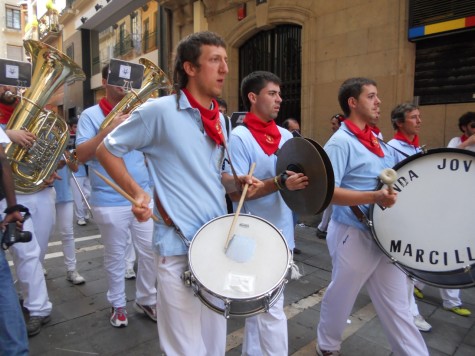
FOURTH WEEK OF JUNE
Donibane Lohitzun/St Jean de Luz, France
Fetes de St. Jean– This is the biggest and probably best of the summer festivals that take place in the beach resort town of St. Jean de Luz. Centered around the summer solstice (and longest day of the year), this festival is celebrated with beach bonfires, music and dancing. Residents will be dressed in traditional red and black garb. Starts on Thursday and runs through the weekend.
Pasaia, Spain
Fiestas de San Juan – Saturday to Monday
Eibar, Spain
Fiestas de Eibar – These festivities last over a week.
Hernani, Spain
San Joan Jaiak – Starts Friday, lasts six days.
Irun, Spain
San Pedro and San Marcial. Info in English
Zarautz, Spain
San Pelayo – on June 24, 25 and 26.
FIRST WEEK OF JULY
Irunea/Pamplona, Spain
San Fermin Festival – Without a doubt, the biggest festival in the Basque Country. Visitors come here from all over the world to enjoy this non-stop week-long party that starts with the famous txupinazo rocket on July 6. The highlight is the daily running of the bulls at 8 a.m., which gets more crowded with runners every year.
SECOND WEEK OF JULY
Hendaia/Hendaye, France
Fete du Chipiron – Always held on July 13, this is a food-tasting feast of the baby squid delicacy.
Donibane Lohitzun/St. Jean de Luz & Biarritz, France
Bastille Day (July 14) – While there are celebrations all over France commemorating the national holiday on July 14. the seaside resorts of Biarritz and St. Jean de Luz feature fireworks over the ocean and lots of dancing and celebrations.
THIRD WEEK OF JULY
Baiona/Bayonne, France
Fetes de Bayonne – Update: It always starts the fourth Wednesday of July, at 10 p.m. in front of the Place de la Mairie, where celebrities throw out three keys to the city. But moved to July 10 – 14 for 2024 only, because of Olympic Games in France. The five-day festival — the biggest on the French side — includes courses de vaches (running of the bulls in a ring), tamborrada (drumming parade), live bands and dancing in the evenings. More info.
Donibane Lohitzun/St. Jean de Luz, France
Fetes du Thon – The Festival of Tuna (Saturday) is yet another celebration of the bounty coming from the sea near St. Jean de Luz. The streets fill with Basque music and dancing – and best of all, lots of stalls selling sizzling hot tuna steaks. Yum. St. Jean parties are known for their toros de fuego running in the streets at night. A hail of firecrackers spray from these “bulls of fire,” made of metal, wood and paper mache, as someone runs it through the crowds.
Maule-Letxarra/Mauleon, France
Fetes de Mauleon – These always take place around July 14.
Listen to the song Fetes de Mauleon
Donibane Lohitzun/St. Jean de Luz, France
Nuit de la Sardine (third Saturday) – There’s plenty of sardine and other seafood morsels during this festival.
Andoain, Spain
Karrikado Jaiak – Saturday and Sunday
Donosti/San Sebastian, Spain
Karmengo Jaiak – Festival of the port of Donosti. Events start on Tuesday, heat up on the weekend, and include a greased mast competition. Read our story about this festival.
Errenteria, Spain
Madalenak – Sunday to the following Thursday
Ordizia, Spain
Ordiziako Jaiak – Starts Saturday, lasts for seven days.
Vitoria-Gasteiz, Spain
Día de la Blusa – This festival, held July 25, is named after the smock that men wear on festival days and is known as “garlic day.” Stalls along San Francisco street sell garlic products and locals are expected to buy a string of garlic and wear it all day.
Astigarraga, Spain
Santio Jaiak – Starts Wednesday, runs through Sunday
FOURTH WEEK OF JULY
Baiona/Bayonne, France
Fetes de Bayonne – Update: It always starts the fourth Wednesday of July, at 10 p.m. in front of the Place de la Mairie, where celebrities throw out three keys to the city. But moved to July 10 – 14 for 2024 only, because of Olympic Games in France. The five-day festival — the biggest on the French side — includes courses de vaches (running of the bulls in a ring), tamborrada (drumming parade), live bands and dancing in the evenings. More info.
FIRST WEEK OF AUGUST
Vitoria-Gasteiz, Spain
Festival de la Virgen Blanca – Six days of fiestas that start with the six o’clock chimes and the lowering of the character Celedon from the tower of San Miguel. They end with his climb back up the tower at 1 a.m. of the seventh day. More info.
SECOND WEEK OF AUGUST
Hendaia/Hendaye, France
Fete Basque – Starts Friday with a sardine fest and opening celebration in front of City Hall, runs through weekend.
Donibane Garazi/St.Jean Pied de Port, France
Fetes de St. Jean Pied de Port – A five-day festival that starts on Saturday.
Maule-Letxarra/Mauleon, France
Fete de l’Espadrille – celebrates the espadrille in the town famous for its handmade production of the rope-soled shoe. August 15
SECOND WEEK OF AUGUST
Donostia/San Sebastian, Spain
Semana Grande – The txupinazo (cannon shot) starts this beachside festival, which includes toros de fuego (fire-spewing bulls), an amazing fireworks display, a swim from Getaria to San Sebastian, horse races, a beach-volleyball tournament and “herri-kirolak” exhibitions (Basque sporting events).
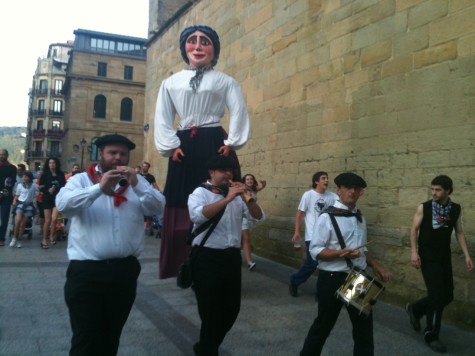
THIRD WEEK OF AUGUST
Bilbo/Bilbao, Spain
Semana Grande or Aste Nagusia (Big Week) – Starts on the Saturday following Aug. 15 with the arrival of Mari Jaia, patron saint of the festival. The festival continues for 10 days with live music every night at several different locations.
Zarautz, Spain
Santa Maria la Real Three days include rowing competitions, fireworks and live music in honor of the town’s patron saint. The church of Santa Maria la Real, built in the Gothic style in the 15th century, is also worth seeing. Fiesta from the 14th to the 16th.
For updated dates and info in English, go to Euskoguide.


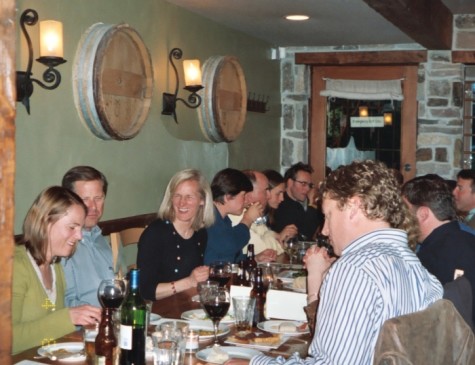
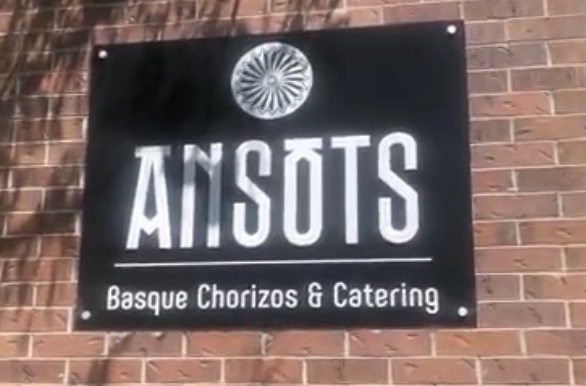
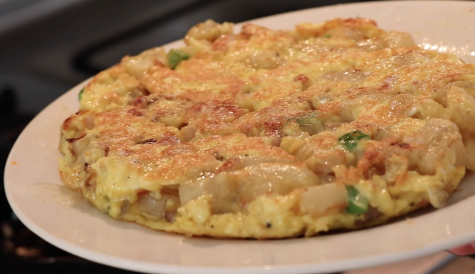
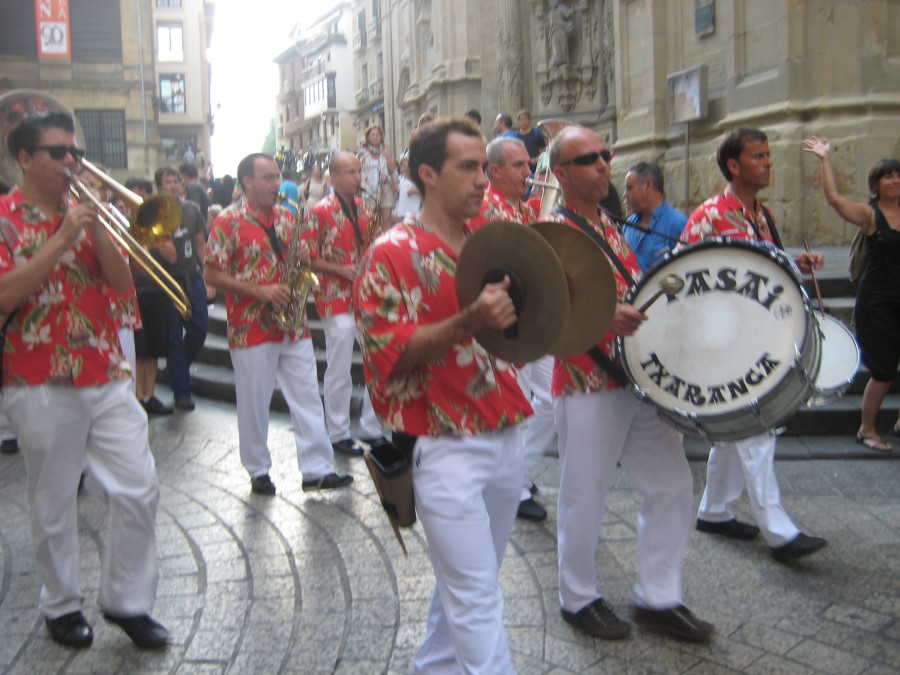
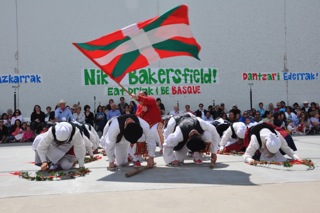
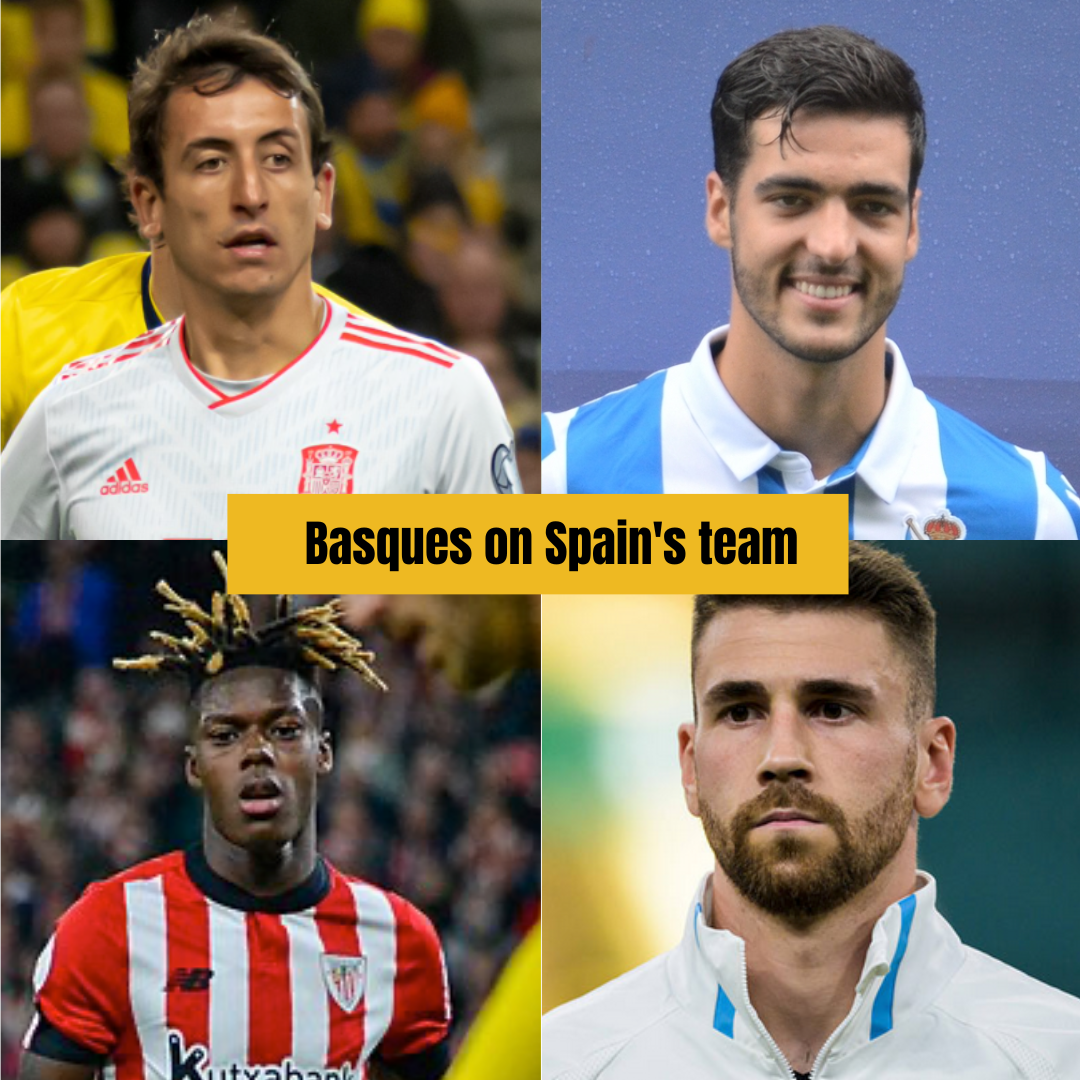
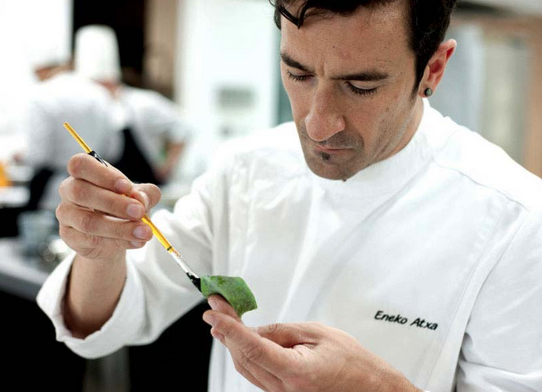
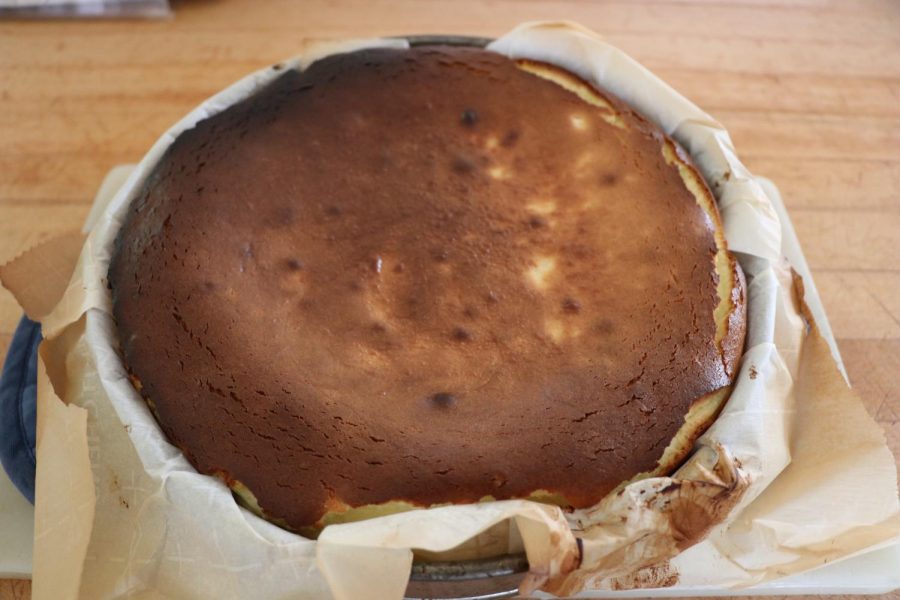
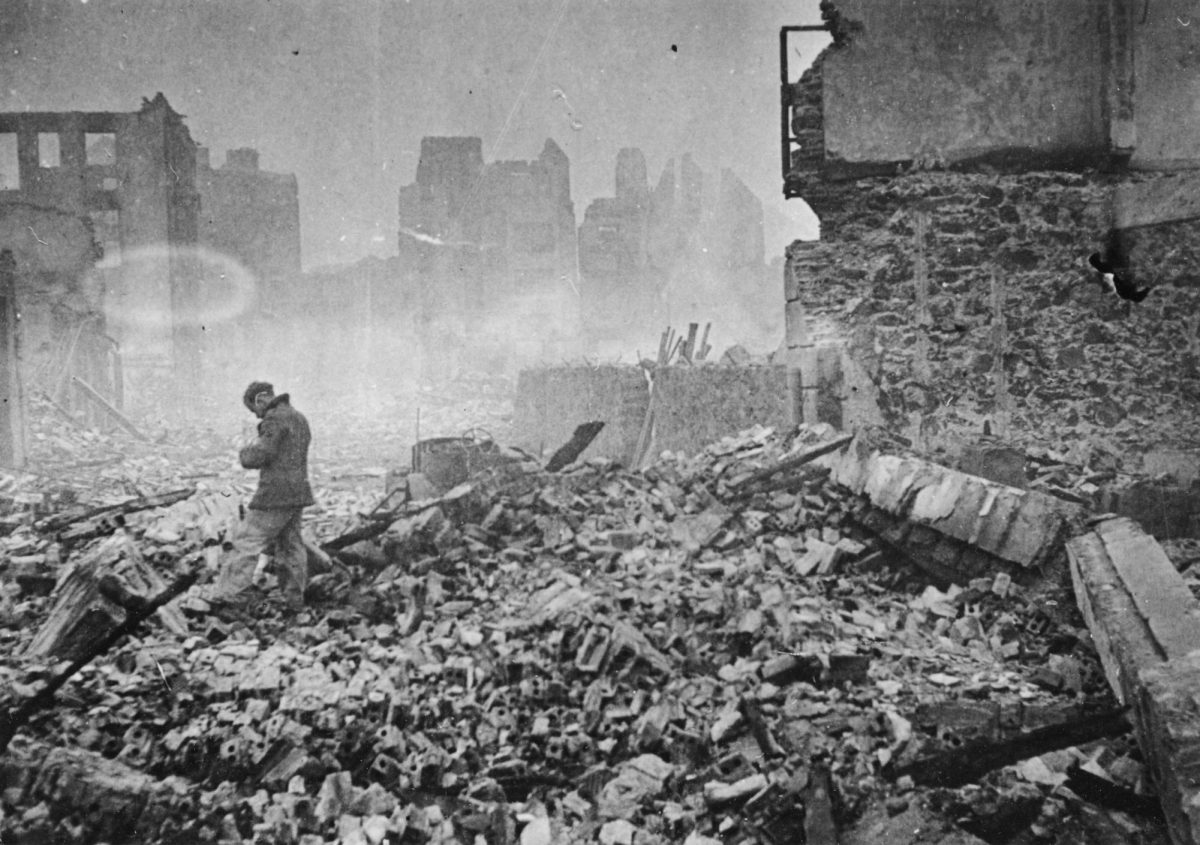
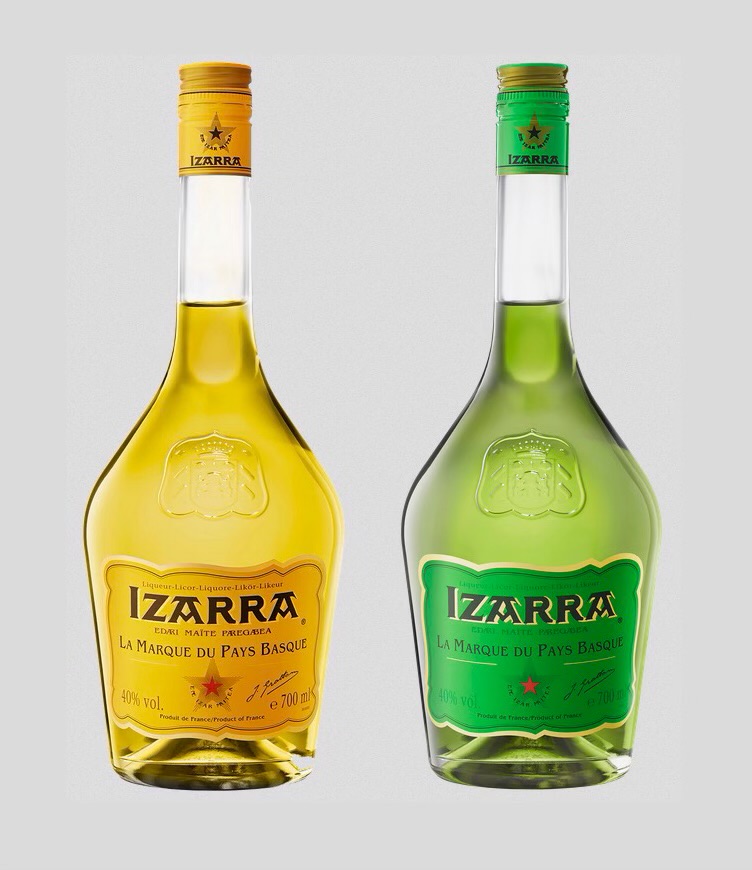
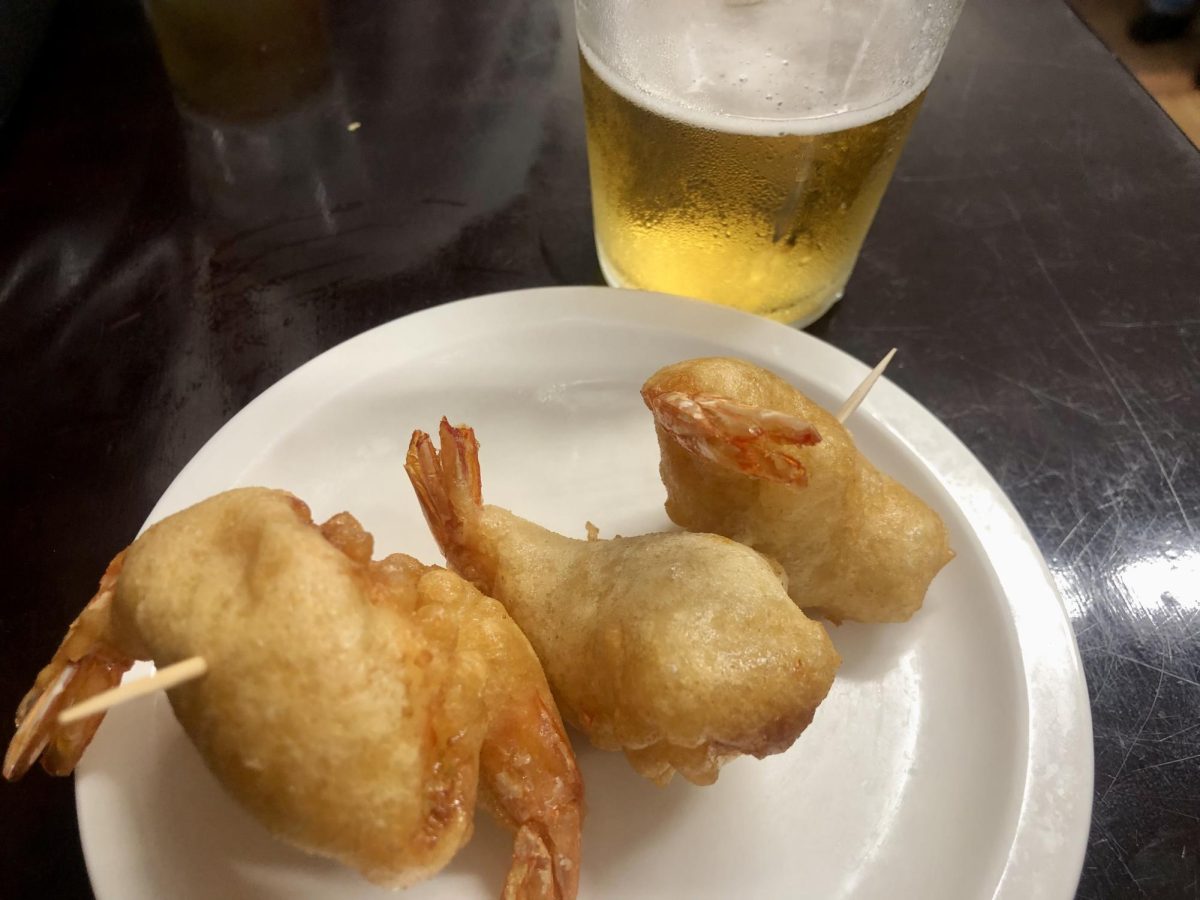
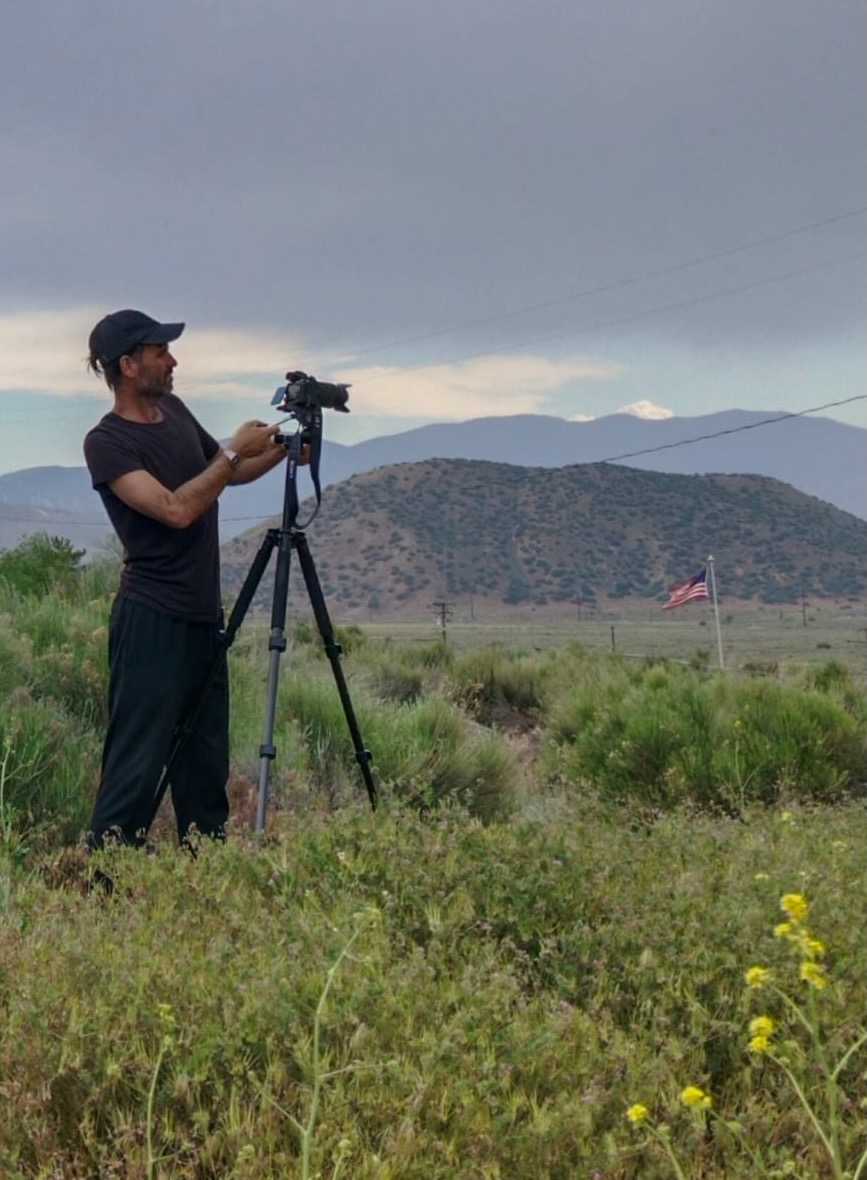
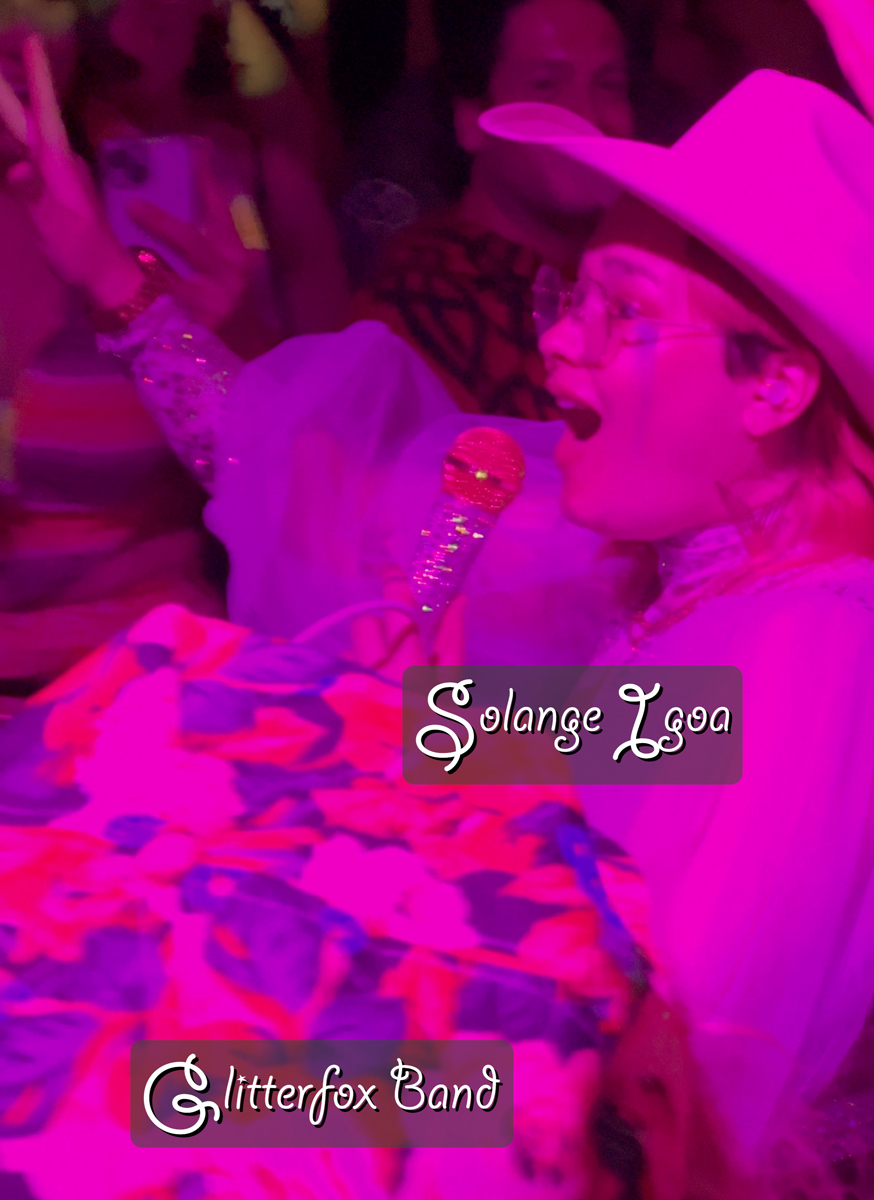
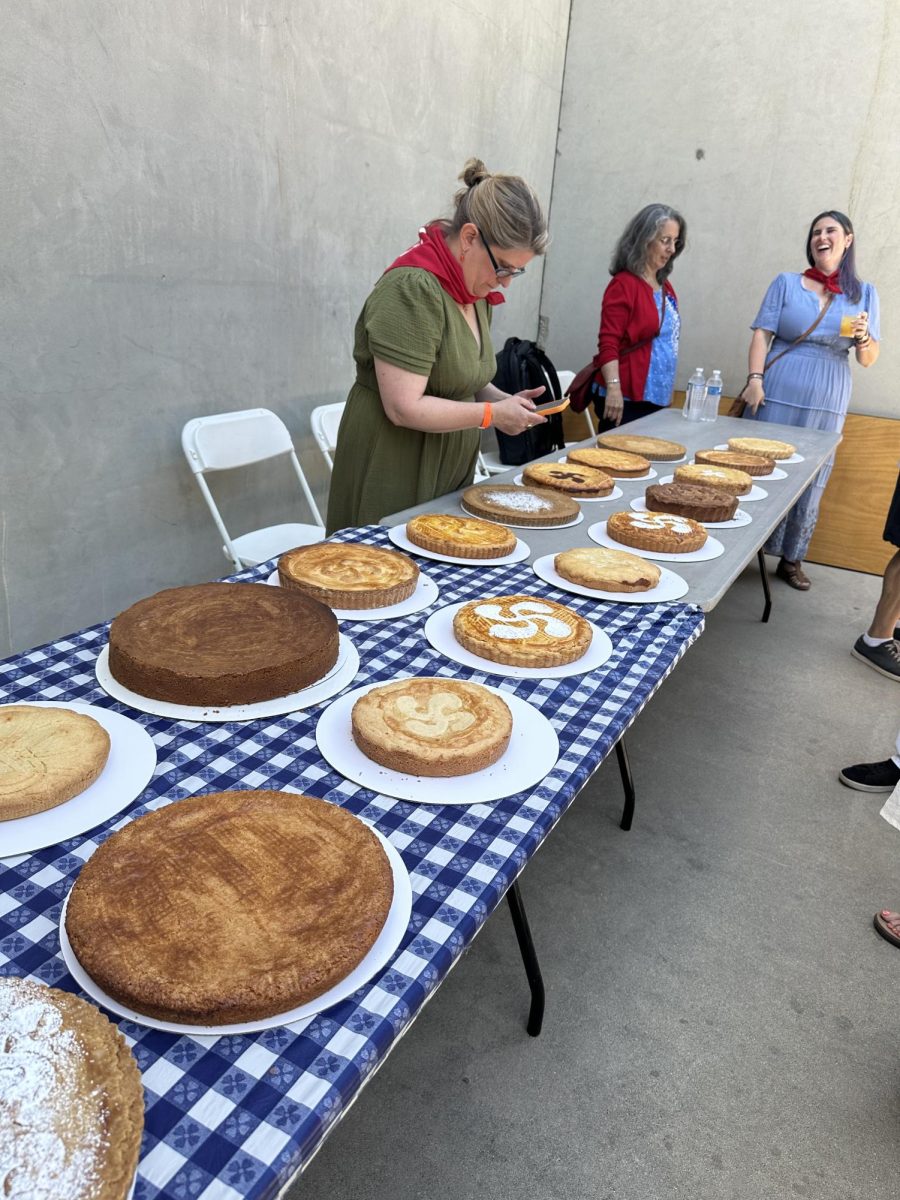

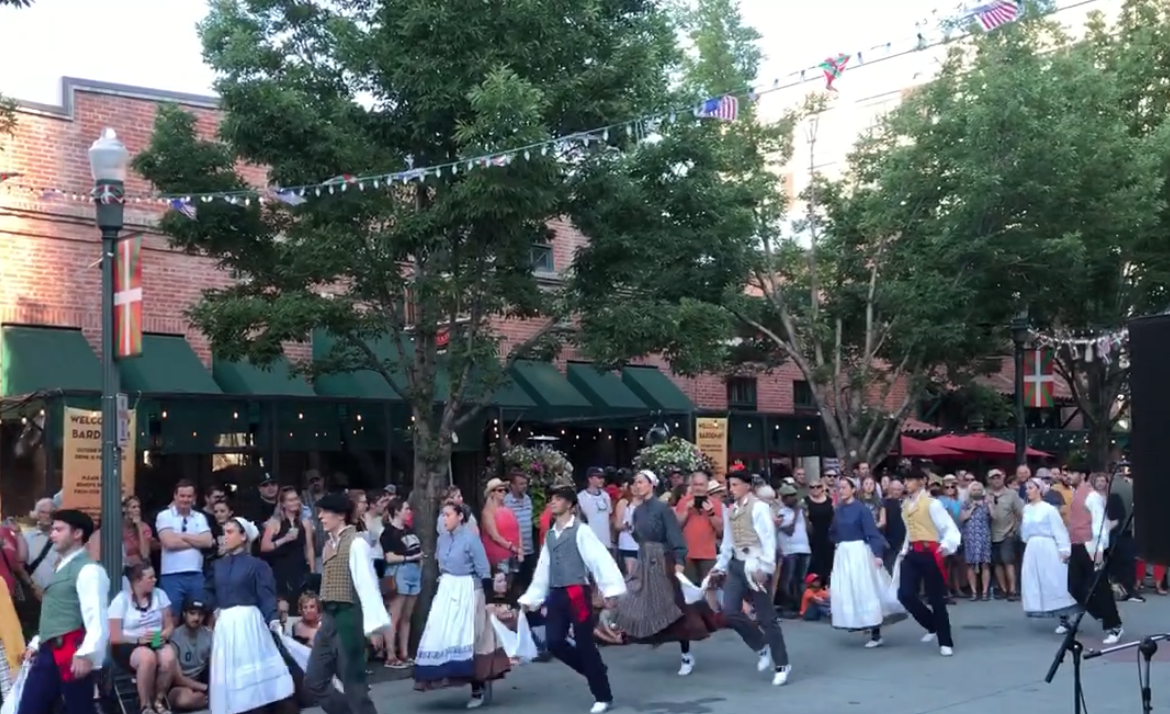
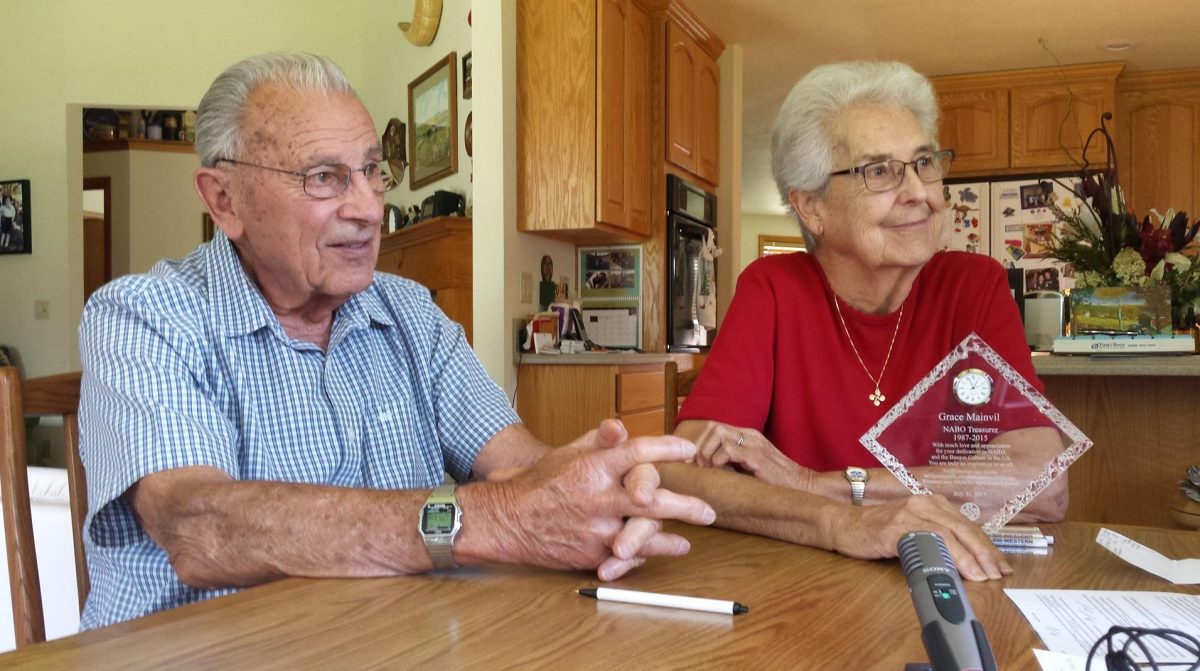
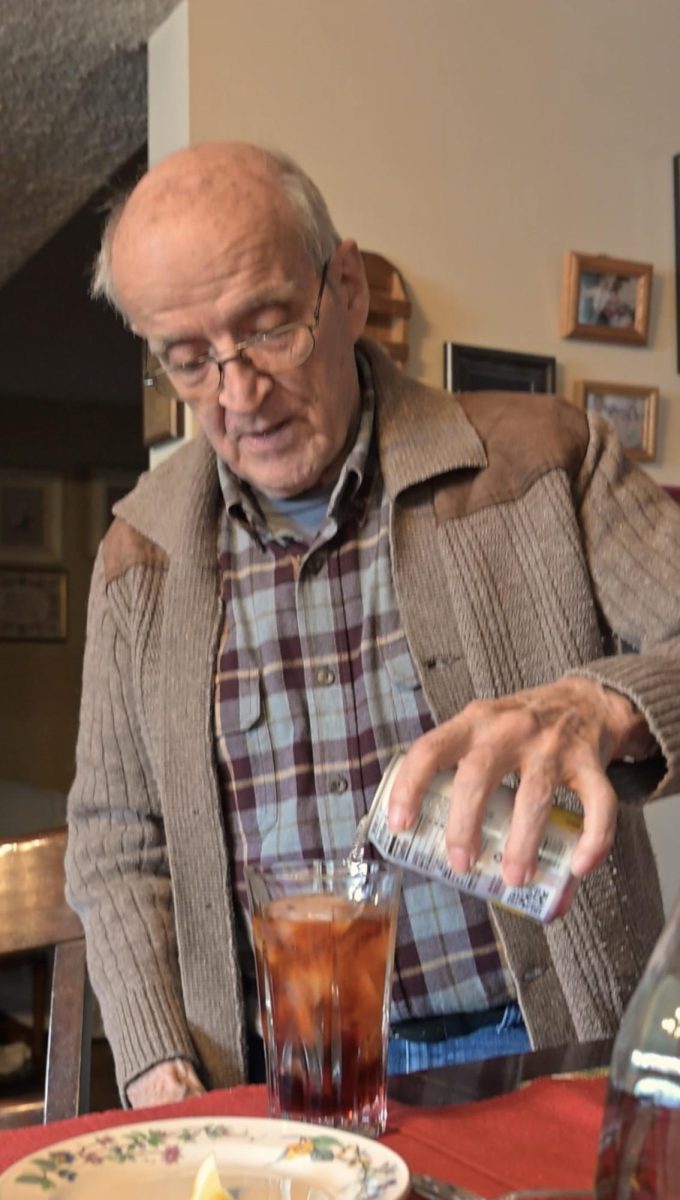
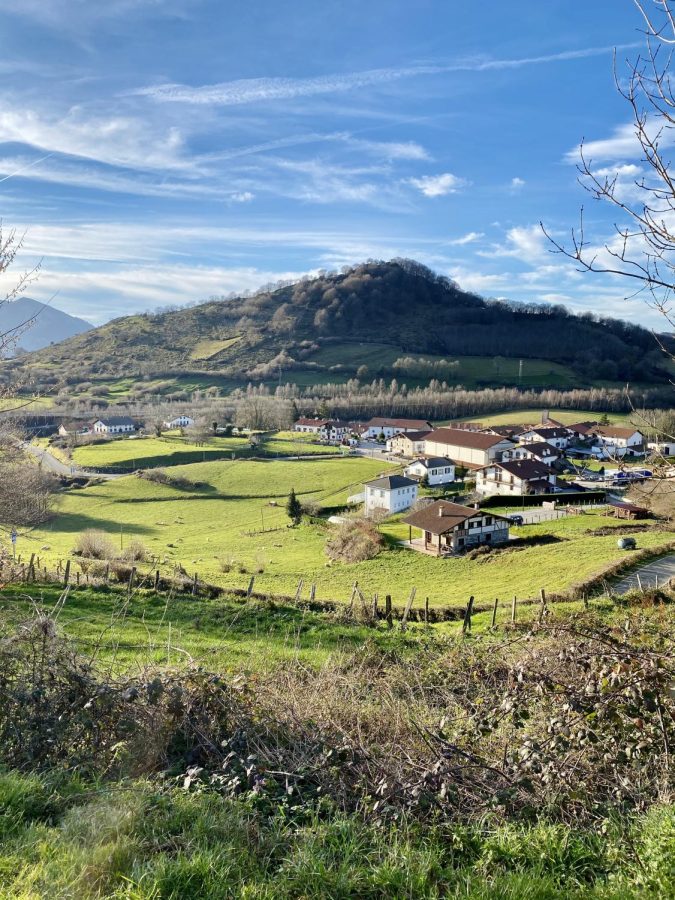
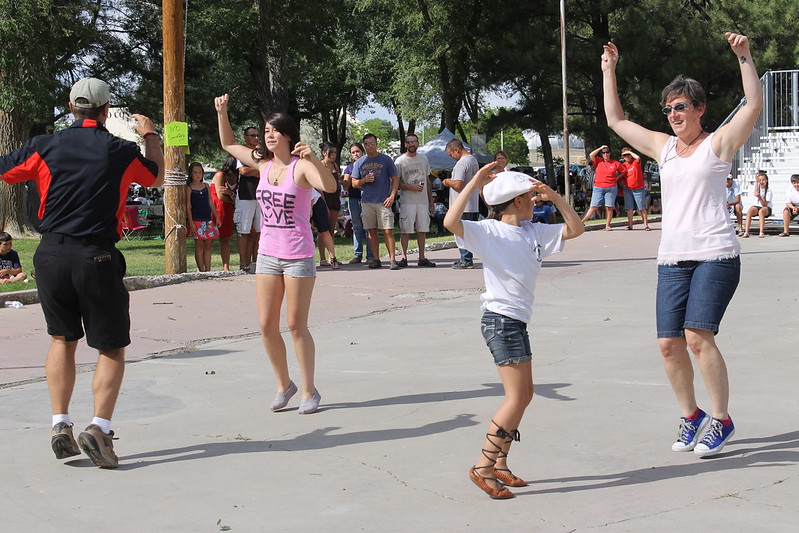
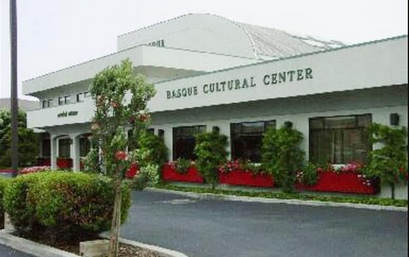
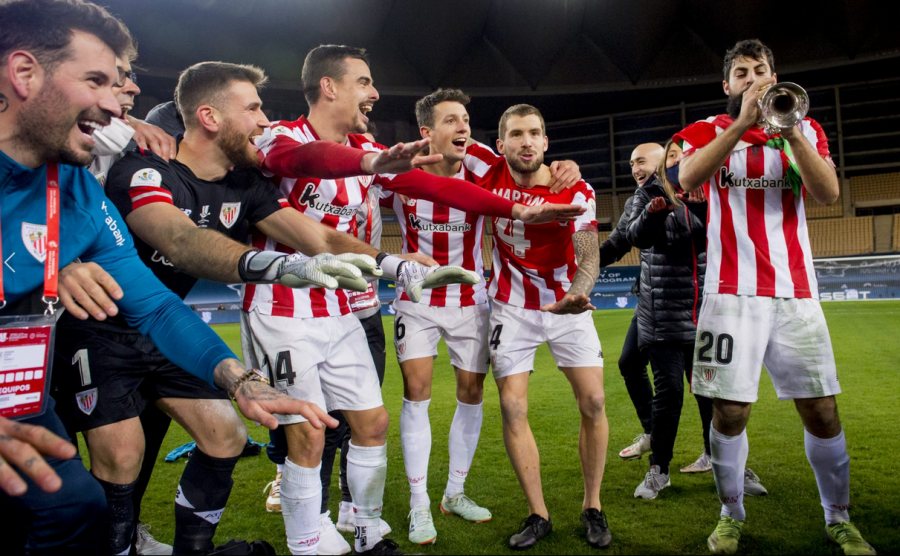
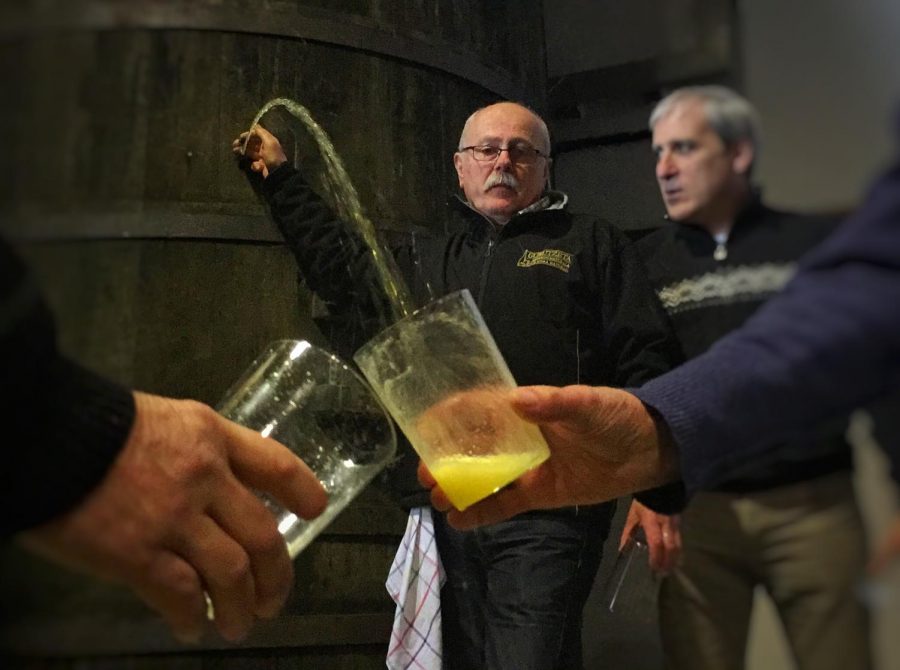
Kathleen Mitchell-Jensen • Sep 24, 2017 at 12:18 pm
We were in St Jean Pied de Port on Saturday Sept 23, 2017 and saw a procession of people (including children) wearing Basque traditional costumes and dancing. At the end of the procession was a young couple wearing black, followed by a young man wearing a crucifix (presumably playing the part of a priest). Could you tell us what they were celebrating/enacting?
Thank you.